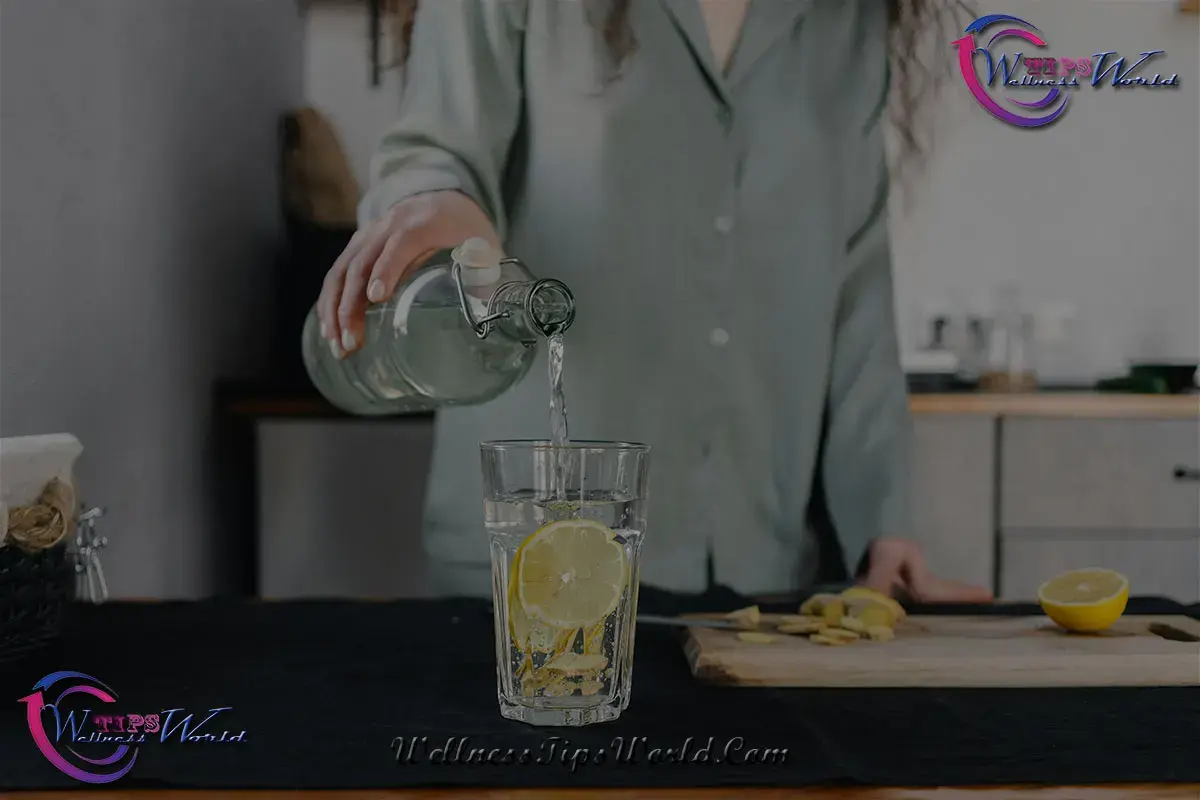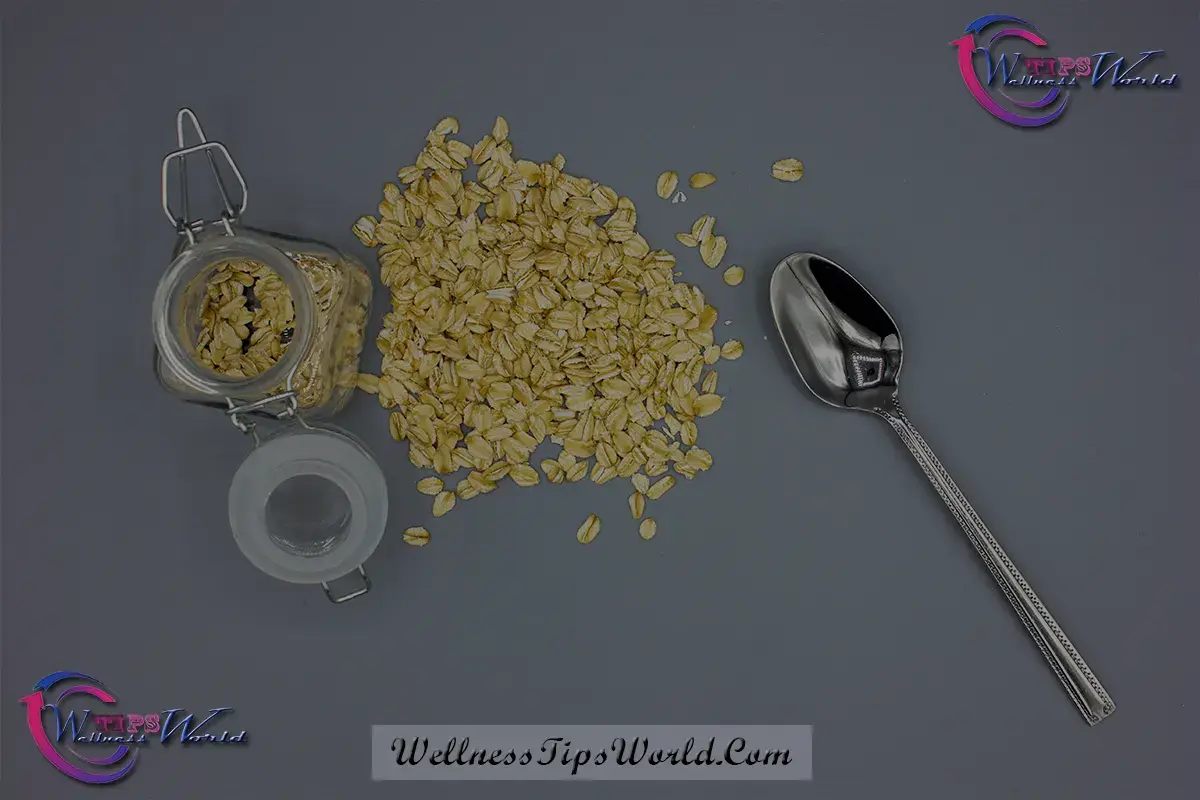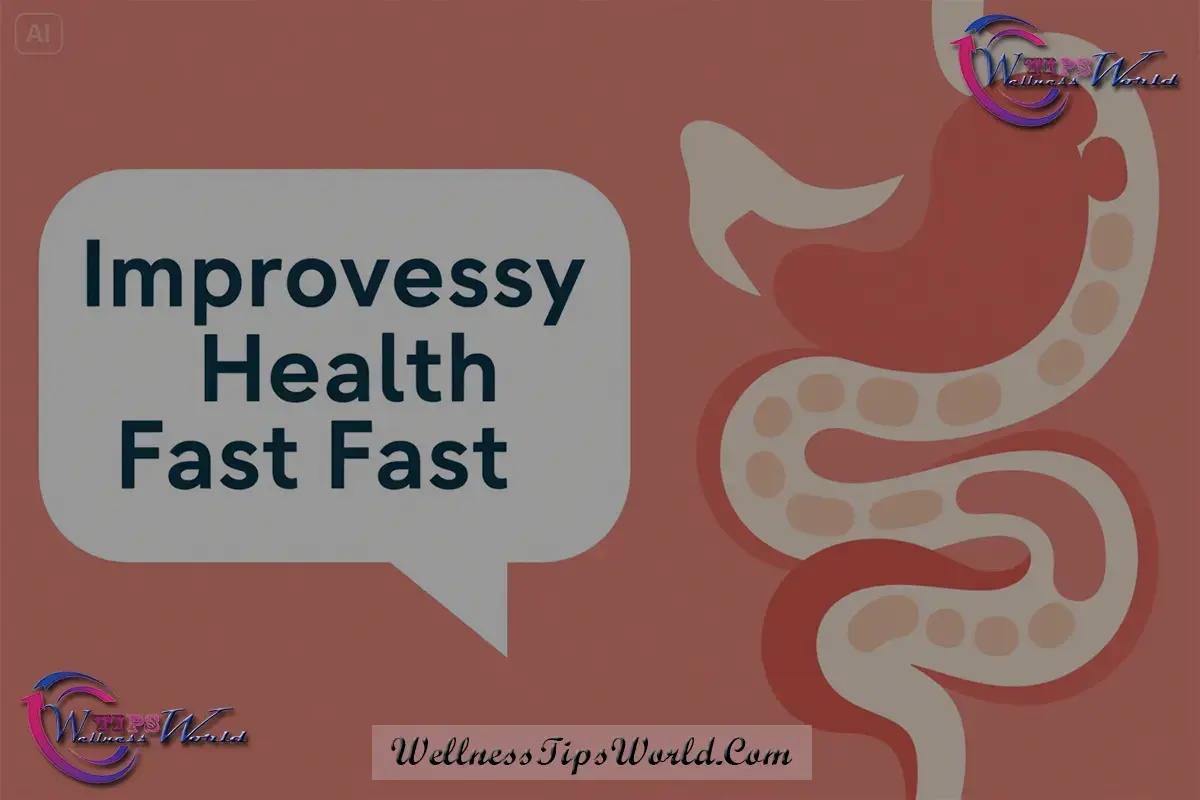Feeling Bloated? Here's How to Fix It Fast
-
29
- 12 Oct, 2025

Bloating can be an uncomfortable, annoying, and frustrating condition that many people experience at some point in their lives. Whether it’s due to overeating, hormonal changes, or stress, bloating can make you feel self-conscious, sluggish, and generally unwell. The good news is that there are several quick and effective ways to relieve bloating and feel better fast. If you're tired of feeling swollen or gassy, you're in the right place.
This article will break down the most common causes of bloating and provide you with simple, actionable tips to reduce bloating quickly. Whether you’re dealing with bloating after meals, during your menstrual cycle, or as a result of stress, we’ll explore proven methods to get relief without having to wait for days.
What Is Bloating?
Bloating occurs when the abdomen fills with gas or air, causing it to feel swollen, tight, and uncomfortable. It often leads to visible distension and a feeling of fullness. While bloating can occur as a result of overeating or consuming certain foods, other factors like digestive disorders, hormonal fluctuations, and stress can also contribute to this unpleasant sensation.
Some common symptoms of bloating include:
- Abdominal discomfort or pain
- Excessive gas
- A feeling of fullness or heaviness
- Visible distension of the stomach
In this article, we’ll dive into the most effective ways to eliminate bloating fast and bring relief, no matter the cause.
1. Drink Plenty of Water
Staying hydrated is one of the simplest yet most effective ways to beat bloating. It might seem counterintuitive to drink more liquid when you already feel swollen, but staying hydrated helps flush out excess sodium from your system, which can contribute to water retention.
Why It Works:
When you don’t drink enough water, your body retains fluid, which can lead to bloating. Drinking water regularly throughout the day helps maintain your body’s fluid balance, aiding digestion and reducing the feeling of fullness.
Tip: Aim for at least 8 cups of water per day, but this may vary depending on your activity level and body size.
2. Watch What You Eat
Certain foods are notorious for causing bloating. They can either cause you to produce excess gas or contribute to fluid retention. Common culprits include:
- Beans and legumes
- Cruciferous vegetables like broccoli, cauliflower, and cabbage
- Dairy can be a challenge for those with lactose intolerance, while foods rich in sodium—like processed meats, canned soups, and salty snacks—can also contribute to discomfort.
To reduce bloating, try eliminating these foods from your diet temporarily and observe if your symptoms improve. Gradually reintroducing these foods can help identify if a particular item is causing your discomfort.
Pro Tip: Eat Smaller, More Frequent Meals
Rather than consuming large meals, consider eating smaller portions throughout the day. This can prevent overloading your digestive system and help you avoid bloating.
3. Try Gentle Movement or Exercise
Physical activity is an effective and fast way to reduce bloating. Moving your body helps stimulate digestion and can promote the release of gas that may be trapped in your digestive system. Even light activities like walking, yoga, or stretching can provide significant relief.
Best Exercises for Bloating:
- Walking: A brisk 10-minute walk can encourage your body to release trapped gas and aid digestion.
- Yoga: Poses like “Child’s Pose,” “Cat-Cow,” and “Twists” can help massage your digestive organs and relieve bloating.
- Gentle stretching: Stretching your body can also help alleviate tension and promote better digestion.
4. Try Over-the-Counter Remedies
If you're looking for quick relief, over-the-counter remedies like simethicone (found in products like Gas-X) can be effective in breaking down the gas bubbles in your digestive system, making it easier to pass the gas and relieve bloating.
Other Options:
- Probiotics: Using a premium probiotic supplement can support gut health and digestion, potentially easing bloating gradually.
- Activated charcoal: This can absorb excess gas in the digestive tract, reducing bloating and discomfort.
5. Avoid Carbonated Beverages
Carbonated drinks like soda, sparkling water, and beer contain carbon dioxide, which can cause you to swallow air. This trapped air can contribute to bloating, especially if you’re already prone to digestive issues.
- If you’re feeling bloated, avoid these drinks and stick to flat water or herbal teas instead.
6. Manage Stress
Stress is a known contributor to bloating. When you're under stress, your body shifts into "fight or flight" mode, which can slow digestion and lead to fluid buildup. Over time, chronic stress can lead to digestive problems, including bloating.
Stress Management Techniques:
- Deep breathing exercises
- Meditation
- Progressive muscle relaxation
- Journaling or spending time outdoors
Reducing stress not only improves digestion but also prevents long-term digestive issues that can lead to bloating.
7. Consider Herbal Teas
Certain herbal teas are known for their digestive benefits and can help relieve bloating. Among the most powerful choices are:
- Peppermint tea: Known for its calming effect on the digestive system, peppermint can help relieve gas and bloating.
- Ginger tea: Ginger is a natural anti-inflammatory that can soothe your stomach and promote digestion.
- Chamomile tea: This herb can relax the digestive muscles and reduce bloating caused by indigestion or stress.
A warm cup of tea can be a comforting and natural way to soothe your digestive system.
8. Be Mindful of Food Intolerances
Food intolerances can also cause bloating. Lactose intolerance, for instance, leads to bloating when dairy products are consumed. Likewise, some individuals may experience bloating after eating foods that contain gluten.
If you suspect that a food intolerance is causing your bloating, try an elimination diet to identify the offending foods. Once identified, avoid these foods to reduce your bloating symptoms.
Common Food Intolerances:
- Lactose intolerance
- Gluten sensitivity
- Fructose malabsorption
- FODMAPs (Fermentable Oligo-, Di-, Mono-saccharides, and Polyols)
9. Try a Natural Diuretic
If you’re experiencing bloating due to water retention, natural diuretics can help your body expel excess water. Some natural diuretics include:
- Caffeine (found in coffee and certain teas)
- Dandelion tea: Known for its mild diuretic properties
- Cucumbers: A hydrating food that can also help reduce fluid retention
While these remedies can provide temporary relief, they should be used cautiously to avoid dehydration.
10. Rest and Get Quality Sleep
Sometimes, the solution to bloating lies in simply resting and allowing your body to recover. Sleep plays an important role in digestion, and a lack of sleep can negatively impact your digestive health. Aim for 7-9 hours of sleep each night to allow your body to repair itself, balance hormones, and promote healthy digestion.
Restorative Tips:
- Establish a soothing nighttime ritual to promote deep, restful sleep.
- Steer clear of large meals late at night, as they can disrupt your digestion.
- Design a quiet, dark, and peaceful sleep space to enhance your sleep quality.
Quick Bloating Relief Is Possible!
While bloating can be uncomfortable, there are many ways to alleviate it quickly. From drinking more water to incorporating stress management and natural remedies, you can find fast relief from bloating. By identifying the root cause and applying these strategies, you’ll feel better in no time.
Remember, if your bloating persists or is accompanied by other concerning symptoms, it’s important to consult with a healthcare professional to rule out any underlying conditions. In the meantime, these tips should help you enjoy a more comfortable and bloat-free day.
Take care of your digestive health and feel confident in your body again—without the uncomfortable bloating!










